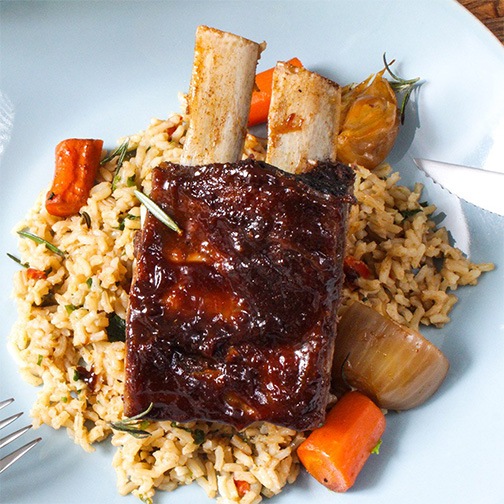Wild game is a healthy and delicious alternative to traditional meats. They are also an excellent source of protein, vitamins and minerals.
Antelope meat is tender, flavorful and surprisingly low in fat. It’s also a good source of magnesium and phosphorus, two nutrients that help in muscle function, energy production, immune system regulation and blood sugar control.
Overview of Antelope Meat as a Food Source
Antelope meat is a lean, low-fat option for red meat lovers who want to cut down on calories while still enjoying delicious wild game. It also offers a variety of flavors and textures that make it a great choice for anyone looking to try a new meat option.
Antelopes are herbivores who feed on grasses and plants in the wild. Their chewing action and saliva mixed with their rumen help break down tough grasses and leaves into digestible, nutrient-rich food.
Because of their active lifestyle, these animals are lean and contain less than 3% fat. They are also very nutritious, providing vitamins and minerals such as iron, B12, riboflavin, zinc and potassium.
Culinary Uses and Traditional Dishes
Wild game meats such as venison, bison, elk, and antelope are becoming increasingly popular in the culinary world. Traditionally only available to hunters, these meats have now become a staple on restaurant menus.
Antelope meat is usually lean and mild-tasting, making it a popular choice for those with a low-fat diet or for those who are concerned about calories. It is also a highly sustainable alternative to meat from domestic cattle, as it does not create water waste or destroy forests.
Nilgai antelope, a large species native to India and Pakistan, is one of the most popular antelopes sold in the United States. Nilgai antelope meat is up to 97% lean, making it a healthier choice than a traditional beef burger.
Availability and Market Trends
There is a growing demand for meat globally, with rising populations and increasing incomes. There are many factors contributing to this trend, including climatic events, the energy crisis and sociocultural traditions that place a high value on eating meat.
Antelope meat is a healthy alternative to other meats and can be used for a wide range of dishes. It is similar in taste to venison and can be grilled or cooked in stews and chilis.
Health Benefits and Concerns
Antelope meat is a good source of protein and iron, while it is also low in fat and cholesterol. It is a great choice for those who are looking to reduce their calorie intake.
It is also a good source of vitamins, minerals and antioxidants. It contains a lot of omega-3 fatty acids, which help to prevent heart disease and inflammation in the body.
Unlike grain-fed beef, wild game meats are a great way to get lean proteins into your diet. Their natural habitats, active lifestyle and diet of green plants means that they have a lower fat ratio than meats from domesticated animals.
Sustainability Issues
The harvesting and consumption of meat from wild animals is an important part of human nutrition, yet it also has a serious impact on the environment. Livestock production releases a large amount of greenhouse gas emissions and uses a lot of water, both of which are bad for the planet.
In addition, many animal species are endangered by unsustainable harvesting practices. These unsustainable hunting practices cause a decline in their populations and affect the livelihoods of people who depend on these animals.
To address these issues, the international community is working to ensure that the production of livestock and the hunting of wild animals are sustainable. While this isn’t easy, it is possible to minimize the environmental impacts of these activities.

